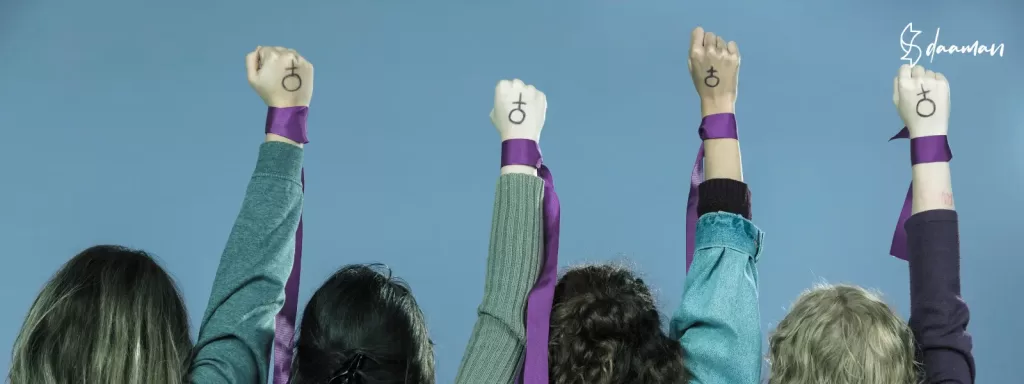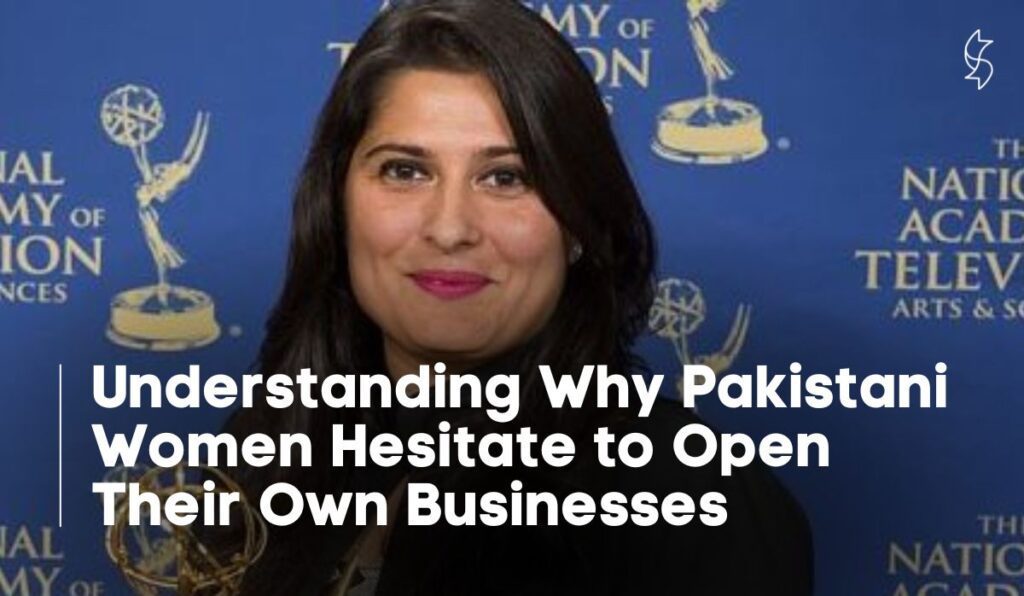How Pakistanis Can Earn in USD, GBP & EUR in 2026
This is real. $500 USD equals roughly PKR 140,000—more than most local salaries. You can hit this in 3-6 months. This guide shows you how: from picking your skill to getting foreign currency into your Pakistani bank. Why This Works The math is simple. Local salaries can’t keep up with inflation. But international rates stay stable. A social media manager might earn PKR 40,000 locally but $600-1,200 from foreign clients—that’s PKR 168,000 to 336,000. Your costs are in rupees. Your income is in dollars. That gap builds wealth faster than any local job. Skills That Actually Pay (Pick ONE) The best skill isn’t the highest-paying one. It’s what you can learn fast, enjoy doing, and deliver consistently. Graphic Design: Learn Canva or Adobe Illustrator. Create social posts, logos, and marketing materials. Pakistani designers charge $15-50/hour. Start earning in weeks. Video Editing: Every business needs Reels, TikToks, and YouTube videos. Learn DaVinci Resolve (free) or Premiere Pro. Charge $20-100 per video. Content Writing: If you write clear English, you’re golden. Create blog posts, website copy, and emails. Start at $0.03-$0.05 per word, scale to $0.10-$0.30 within a year. Social Media Management: Post content, engage followers, grow audiences for businesses. Earn $300-800 monthly managing 2-3 client accounts. Virtual Assistant: Handle emails, scheduling, travel booking, and admin tasks. Entry-level VAs make $300-500 monthly part-time. Experienced ones earn $1,000-2,000. Web Development: Learn HTML, CSS, JavaScript. Build WordPress sites. Entry-level devs earn $500-1,000 monthly. Experienced ones make $2,000-5,000+. SEO: Help websites rank on Google. Learn keyword research and optimization. Charge $500-2,000 monthly per client. AI & Automation: Use ChatGPT, Zapier, and AI tools. Companies desperately need this. Earn $50-100/hour. Pick ONE skill. Master it in 30 days. That’s how you start. Where to Find Clients Upwork: Largest marketplace. Competition is tough but clients have real budgets. Write personalized proposals focusing on solving their specific problem. Keep it under 150 words. Fiverr: Your 24/7 storefront. Create compelling gigs with clear pricing. Use strategic keywords. Once you get reviews, orders come automatically. Takes 20% commission. LinkedIn: Optimize your profile. Post valuable content. Connect with potential clients. Many high-paying clients come from here because you’re building relationships, not competing on price. Direct Outreach: Find businesses that need your service. Email them with specific ideas on how you’d improve their situation. Low response rate but high-quality clients. How to Get Paid (The Important Part) Payoneer (Most Popular) 80% of Pakistani freelancers use Payoneer. Here’s why it works: Sign up on Payoneer and get virtual bank accounts for USD, GBP, and EUR. These look like regular bank accounts to your clients. They send money like a normal bank transfer. Once money hits your Payoneer account, withdraw to any Pakistani bank: HBL, Meezan, Standard Chartered, UBL, Allied Bank, or JazzCash. Fees: 1-3% exchange rate markup. $1.50-3 withdrawal fee. Money arrives in 2-5 days. Works seamlessly with Upwork, Fiverr, and direct clients. No monthly fees—you only pay when you transact. Sign up: Visit Payoneer & verify. Active in 24-48 hours. Upwork Direct Transfer If you work mostly on Upwork, link your Pakistani bank directly. Payments go straight from Upwork to your bank in USD. Often better rates than Payoneer. Wise (TransferWise) Similar to Payoneer but with transparent pricing. You always see exact fees and exchange rates. Good for direct clients. Best Pakistani Banks Standard Chartered: Best for freelancers. Staff understands freelance income. Smooth processing. Meezan Bank: Islamic banking option. Very freelancer-friendly. Handles Payoneer well. HBL: Pakistan’s largest bank. Reliable international transfers. UBL & Allied Bank: Good options with efficient foreign remittance. When opening an account, tell them you’ll receive freelance income in foreign currency. Have contracts or client invoices ready. Tax and Legal Considerations This is important but not complicated. Foreign income earned by Pakistani freelancers is taxable under Pakistani law. Register with the Federal Board of Revenue (FBR) as a freelancer, maintain records of your income and expenses, and file annual tax returns. The government offers various incentives for IT exports and freelancers that can reduce your tax burden. Consult with a tax advisor familiar with freelance income to ensure you’re compliant while optimizing your tax situation. Ignoring taxes might seem easier short-term, but it creates massive problems long-term—particularly if you plan to scale your income, buy property, or access credit facilities. Start Today Thousands of Pakistanis are already doing this. The global marketplace doesn’t care where you live, only if you can solve problems professionally. Pick one skill from this guide. Watch one tutorial tonight. That’s how every successful story begins.
How Pakistanis Can Earn in USD, GBP & EUR in 2026 Read More »








